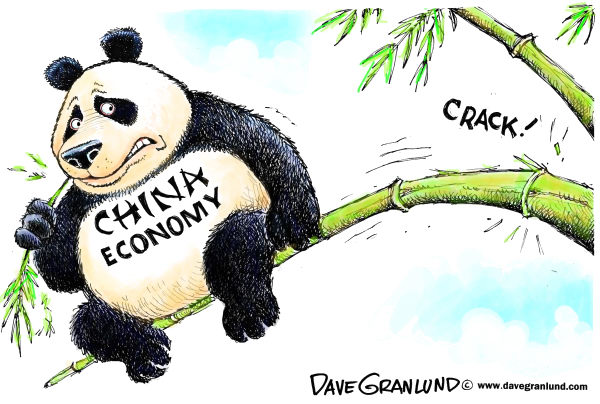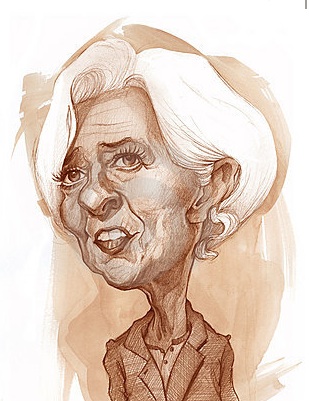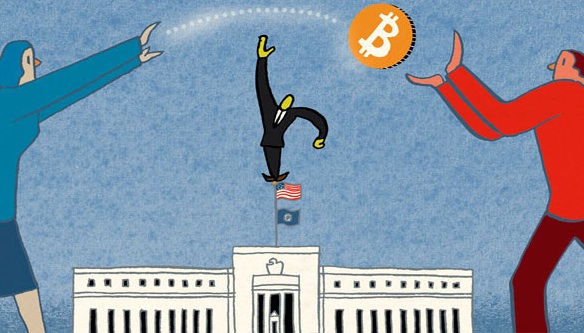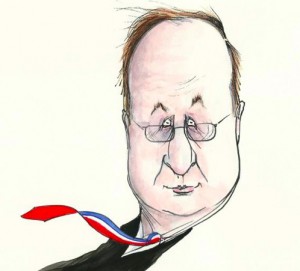David Broonstroron writes: U.S. Secretary of State John Kerry said he believed that, with effort and good faith on both sides, it would be possible to implement the Minsk agreements on Ukraine in coming months to allow for a lifting of sanctions on Russia.
Kerry said he and U.S. Vice President Joe Biden had met with Ukrainian President Petro Poroshenko to help ensure full implementation of the agreements.
“And I believe that, with effort and with bona-fide legitimate intent to solve the problem on both sides, it is possible in these next months to find those Minsk agreements implemented and to get to a place where sanctions can be appropriately, because of the full implementation, removed,” Kerry said.
Sanctions on Russia’s banking, energy and defense sectors, imposed in July 2014, are part of the West’s efforts to pressure Russia to help end the crisis in eastern Ukraine, in which more than 9,000 people have been killed since April 2014.
The United States has repeatedly linked a lifting of the sanctions to full implementation of the Minsk accords, which were agreed last February by Ukraine, Russia, France and Germany after the collapse of a ceasefire between Ukrainian forces and pro-Russian separatists.
The terms of the deal provide for a ceasefire, a pull-back of heavy weapons, prisoner exchanges, local elections in rebel-held areas and greater autonomy for these regions.
A U.S. State Department official, citing data from the International Monetary Fund, said this month that EU and U.S. restrictions imposed on Moscow had shaved about 1.5 percent off Russian economic output in 2015.
Russian President Vladimir Putin told Germany’s Bild newspaper this month that the sanctions were “severely harming Russia”, although the fall in global oil prices was having a bigger impact.









